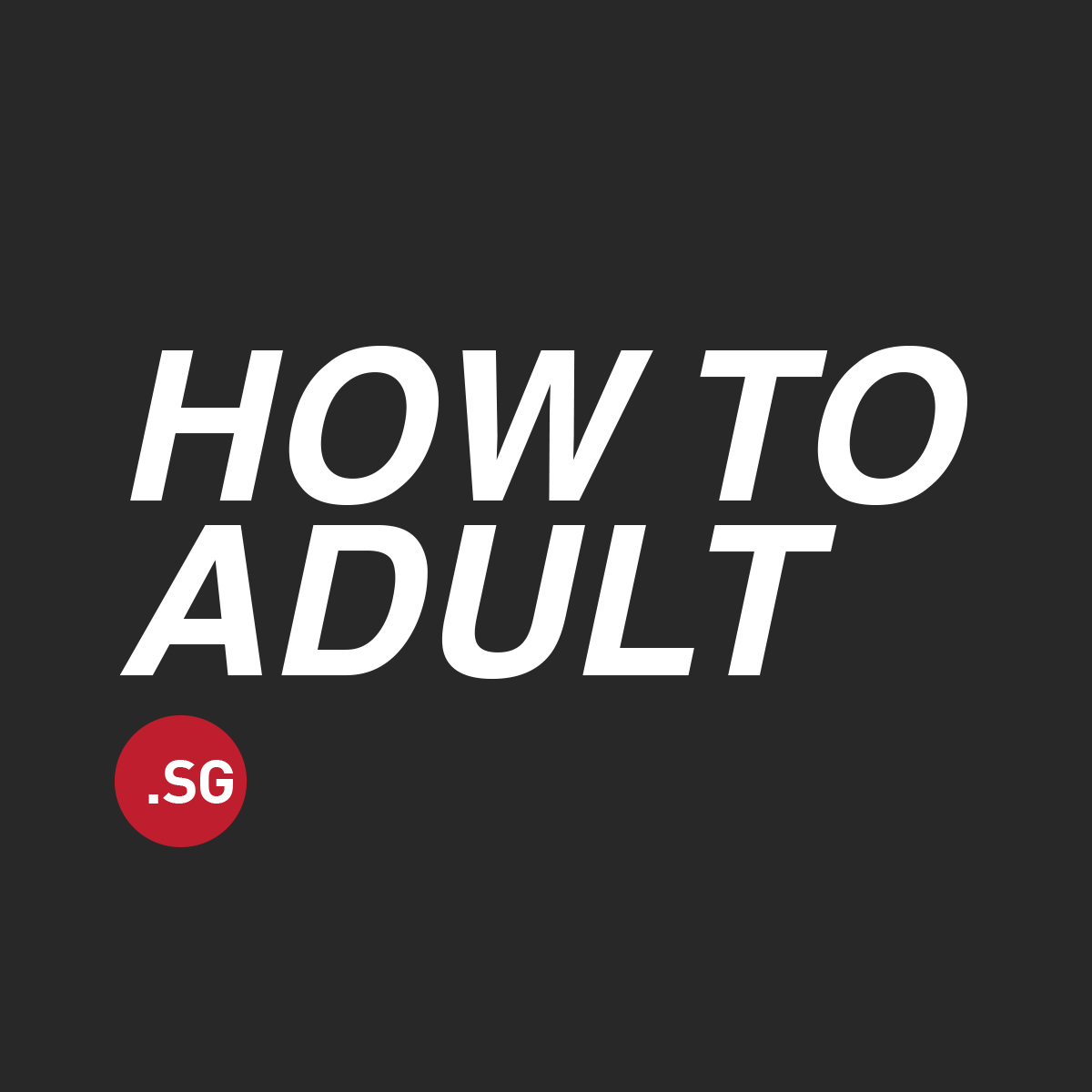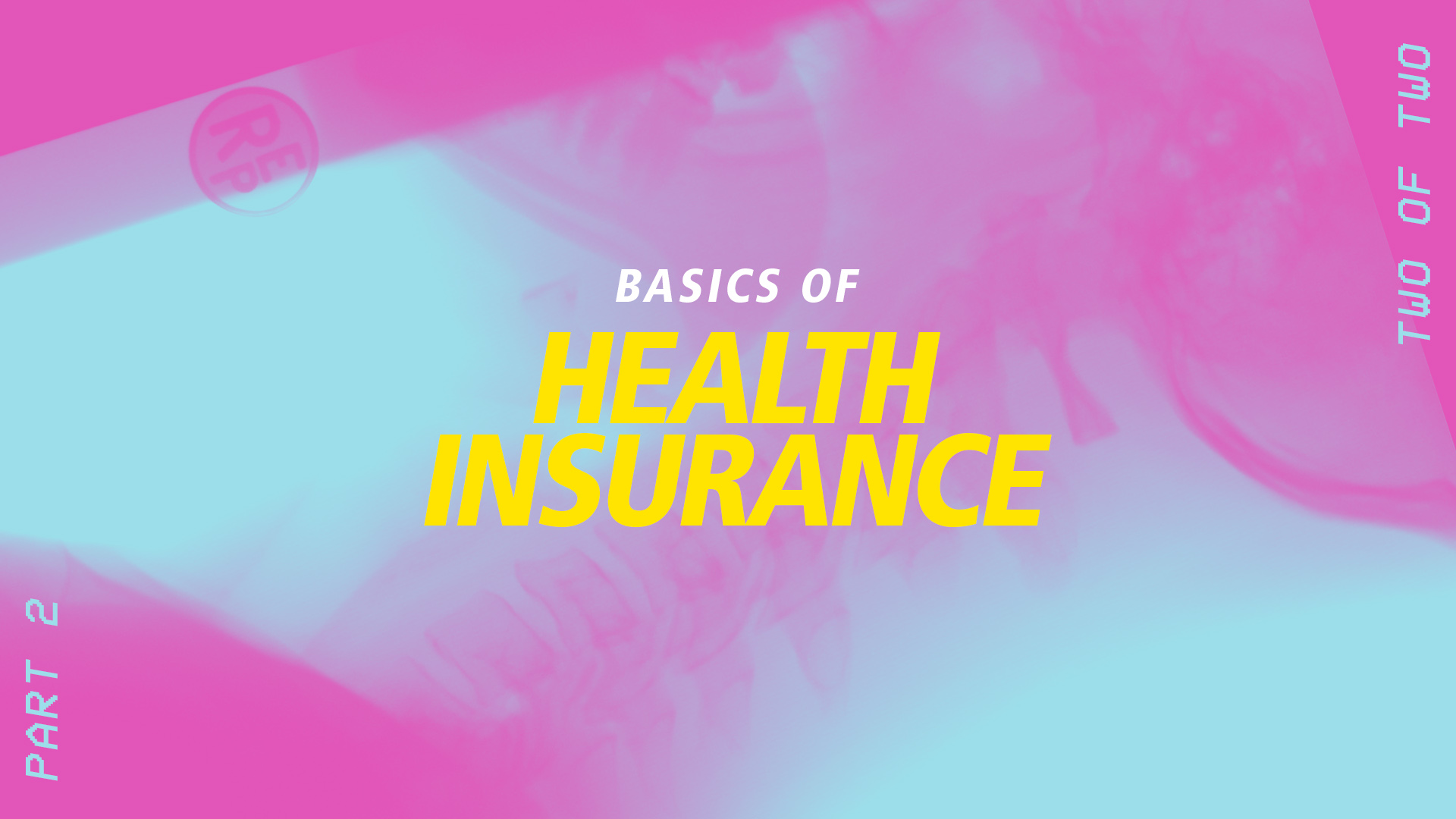This article is part two of a two-part series.
ElderShield
ElderShield is an affordable severe disability insurance scheme which provides basic financial protection to those who need long-term care, especially during old age. It provides a monthly cash payout for those unable to perform at least 3 out of 6 of the following daily activities: washing, dressing, feeding, toileting, mobility and transferring.
Singaporeans and Singapore Permanent Residents with Medisave accounts are automatically covered under ElderShield at the age of 40.
ElderShield premiums are based on your age of entry, payable annually until age 65 using Medisave or cash. Subject to insurers’ review, they do not increase with age.
It provides coverage for life. If you become disabled, you are eligible for monthly insurance payments for a maximum of 72 months, and will not need to continue paying premiums.
A CPF member can also use his/her Medisave to pay ElderShield premiums for his/her parents, spouse, grandparents and children.
You can opt to purchase a supplementary plan if you want to receive higher monthly payouts or extend the duration of payout.
Dependants’ Protection Scheme
The Dependants’ Protection Scheme (DPS) is an affordable and optional term insurance scheme by CPF. It provides insured members and their families with some money to get through the first few years, should the insured member become permanently incapacitated such that he or she can no longer work or passes away, prior to age 60.
The scheme is extended to CPF members who are Singapore citizens or Singapore Permanent Residents, aged 16 to 60, when they make their first CPF contribution.
DPS covers CPF members for a maximum sum assured of S$46,000 up to age 60. The coverage is worldwide.
Currently, DPS is administered by two insurers, Great Eastern Life and NTUC Income.
Group Health Insurance Coverage
Your employment benefits may include group health insurance coverage. Find out whether you have such a benefit, and if so, what you are covered for.
Group insurance policies may not cover you when you switch jobs or retire, so you should consider having a personal health policy as well.
Do not wait until you are no longer working to buy a health insurance policy as you may no longer be insurable due to age or poor health.
Integrated Shield Plans
A Medisave-approved Integrated Shield Plan is a medical insurance plan which offers additional benefits on top of that provided by MediShield.
If you want to have additional insurance protection on top of what MediShield provides, such as coverage for stays in Class A/B1 and private wards, you may wish to consider buying a Medisave-approved Integrated Shield Plan.
Key Features and Considerations of Integrated Shield Plans
Many Integrated Shield Plans are ‘as-charged’ policies. These policies do not usually have any sub-limits except for the annual and lifetime limits.
If you or your immediate family members have Integrated Shield Plans, you can use Medisave to pay for your premiums and theirs too, up to the annual Medisave withdrawal limit, currently set at S$800 per insured. If the premiums cost more than the limit, you will have to pay the remaining amount with cash.
There will still be the deductible and co-insurance portion which the insurance company will not pay for. This amount may vary depending on age, ward and hospital type. Most insurance companies offer riders that will also pay these amounts by charging additional cash premium.
Some insurers will provide a letter of guarantee to the hospital if you are hospitalised.
A Tradeoff between Cost and Comfort
Having a higher plan to cover stays in higher class/private hospitals comes with higher premiums. As premium is age-banded, it will increase significantly with age. Hence, do consider carefully before deciding on the type of Integrated Shield Plan to buy. Make sure it covers what you need and that you can afford to keep up with the premiums over the long term. Be prepared to adjust what you want according to what you can afford in premiums.
Switching of insurance company is allowed BUT before you switch policies, you should know that your new policy may not cover any pre-existing conditions you have developed before it takes effect.
Do not change your current policy if it leaves you unprotected for important conditions.
What you’re entitled to:
- Documents at Point-of-Sale
You should receive three documents from your representative:
- Your Guide to Life Insurance and/or Your Guide to Health Insurance
- Product Summary (describes the features of the particular product)
- Benefit Illustration (for Life insurance only)
- Free-Look Period
You have 14 days to review your policy. If you decide that the policy is not suitable for your needs, you can send them a written notice and the company will refund all your premiums less medical and other expenses you have had to pay.
If your policy is an investment-linked policy, the amount returned to you will also reflect any change in the market value of the funds in your policy.
- Reports
If you have an investment-linked policy, you will receive a statement on the units you hold in your policy at least once a year. You can also expect to receive a fund performance report per annum.
If you have a participating policy (whole life or endowment), you will receive a yearly statement on any annual bonus or dividend from your insurance company.
- Period of Grace
The insurance company will give you extra time (usually 30 days) after the premium due date, to pay your premium to renew your policy. During this period, the policy continues to be in force and you are expected to pay the premium.
- Premium Payment
You can pay your premium in cash, cheque or through GIRO deduction. Most companies also accept payment through credit cards or at automated machines (AXS). If you are paying cash to your representative, insist on a company receipt to be issued to you. If you are paying by cheque, issue only to the company and NEVER to your representative and write your name and policy at the back of the cheque. When in doubt, always call up the company to verify.


